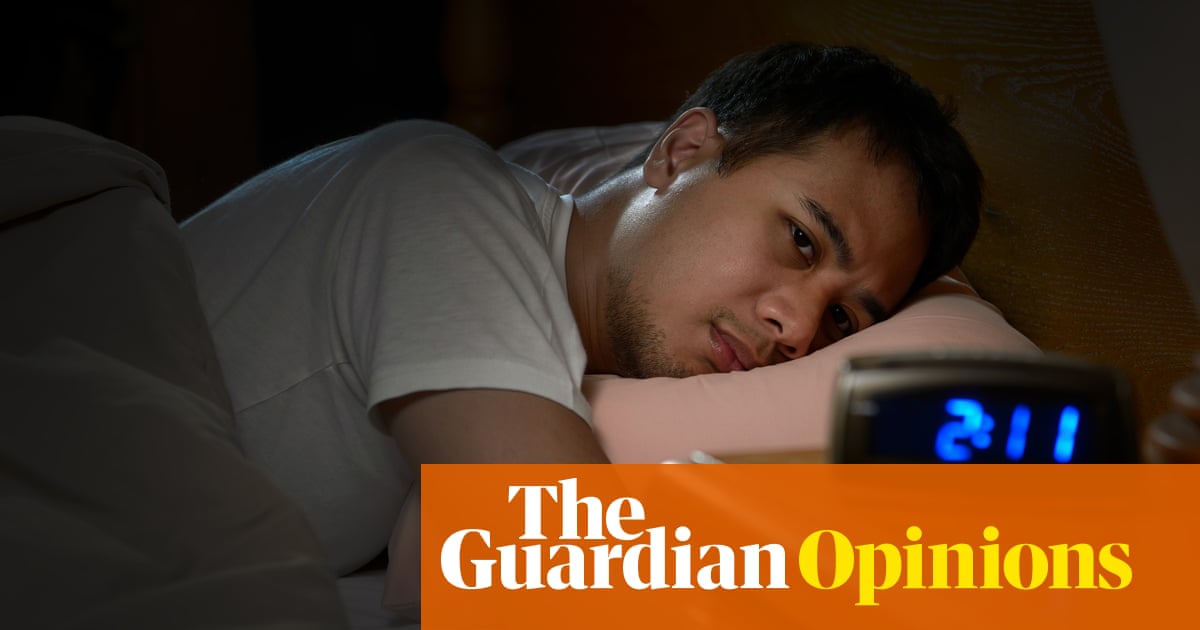
Business leaders and unions have warned the government that scrapping free Covid tests in England and watering down sick pay will discourage workers from self-isolating and could damage the economy.
Although welcoming Boris Johnson’s ambition to ease restrictions almost two years into the pandemic, company bosses said the prime minister’s newly unveiled “living with Covid” strategy came with major risks and could do more harm than good.
Claire Walker, co-executive director of the British Chambers of Commerce (BCC), said the changes inched companies closer to pre-pandemic conditions. “However, for many firms, this move will not be without its challenges, and government must not pass public health decisions on to the business community, who are not public health experts.”
The prime minister announced on Monday that people testing positive for Covid-19 would no longer legally have to isolate from this Thursday, while free testing would be removed from 1 April. Self-isolation support payments are to be jettisoned, while sick pay rules will revert to less generous pre-Covid arrangements, which will mean workers are paid from day four of any absence through illness rather than day one.
Johnson told the Commons: “Restrictions place a heavy toll on our economy, our society, our mental wellbeing and on the life chances of our children. And we do not need to pay that cost any longer.”
However, business groups said the economic benefit of looser restrictions would be undermined by the end of free Covid tests and support for those who self-isolate.
Matthew Fell, chief policy director at the Confederation of British Industry, said: “While free testing cannot continue for ever, there is a balance to be struck between confidence-building and cost-cutting. Mass lateral flow testing has kept our economy open and firms continue to believe the economic benefits far outweigh the costs.”
Frances O’Grady, the Trades Union Congress general secretary, said low-income workers would suffer the most at a moment of mounting pressure on households. “Charging for Covid tests in the middle of a cost-of-living crisis is a crazy decision,” she said. “Ministers have been warned again and again by unions, businesses and public health experts not to scrap free Covid tests. But they have ignored these pleas.”
The government said it would move away from deploying regulations and requirements in England and replace specific interventions for Covid-19 with public health measures and guidance, further details of which are expected later this week.
However, the move raises the prospect of the government guiding workers who test positive for Covid-19 to self-isolate, while also dismantling the financial support and testing infrastructure to help them to do so.
Christina McAnea, the general secretary of the union Unison, said ending free testing was a “foolish move” because people wouldn’t be able to afford to check their Covid status. “The government has taken leave of its senses. Ditching every last Covid safety rule while thousands are still catching the virus every day is irresponsible,” she added.
Business leaders said that while infection rates had fallen from a recent peak, there was still a risk of future outbreaks. Walker said: “Firms will only truly be able to ‘live with Covid’ when they are confident that a plan is in place for future outbreaks.
“Uncertainty will put a brake on investment and the shadow of the pandemic could continue to loom over our economy for some time to come.”
Hospitality leaders said removing restrictions could help pubs, clubs and bars, although they cautioned that ongoing financial support was vital for building back from the health emergency.
Michael Kill, chief executive of the Night Time Industries Association, said extra measures were necessary at next month’s spring statement from the chancellor, Rishi Sunak. “This is a sector that has sacrificed more than just about any other part of the economy, and it seems right that continued support is commensurate with the scale of hit that we took during the pandemic.”
Kate Nicholls, the chief executive of trade body UKHospitality, said many venues would still err on the side of caution despite the end of self-isolation rules. “We have a greater burden of care because we’re dealing with situations where, if hygiene is lax, there are big ramifications,” she said.
“Just because something isn’t there in law, doesn’t mean it won’t be there as part of normal mitigation and risk assessments.”
Unions responded with fury to the news that statutory sick pay will revert to pre-Covid rules. The TUC has warned that the UK has the lowest statutory sick pay in real terms for almost two decades and is the least generous in Europe. Under the rules, employees are paid £96.35 a week by their employer if they are too ill to work.
Dan Shears, national health and safety director at the GMB trade union, said: “Today’s nonsensical announcement guarantees workers will attend the workplace with Covid.
“This will prolong the pandemic with more outbreaks. Asking people to exercise responsibility whilst taking away a key workplace provision for them to do that just shows how incompetent this government is.”












